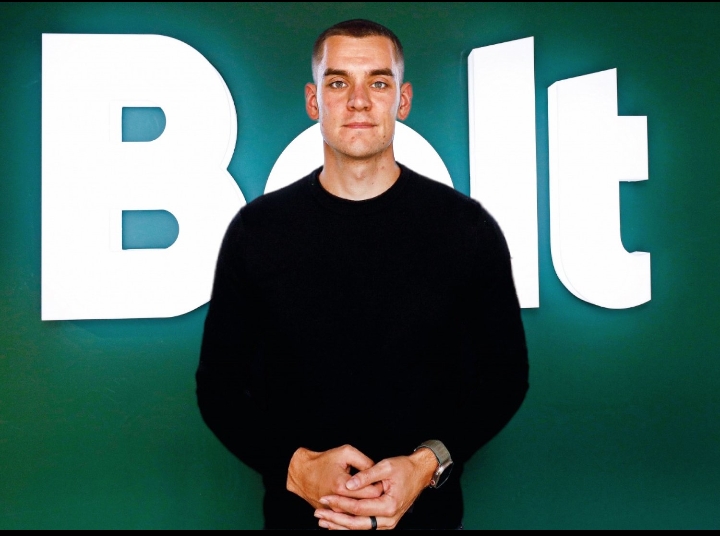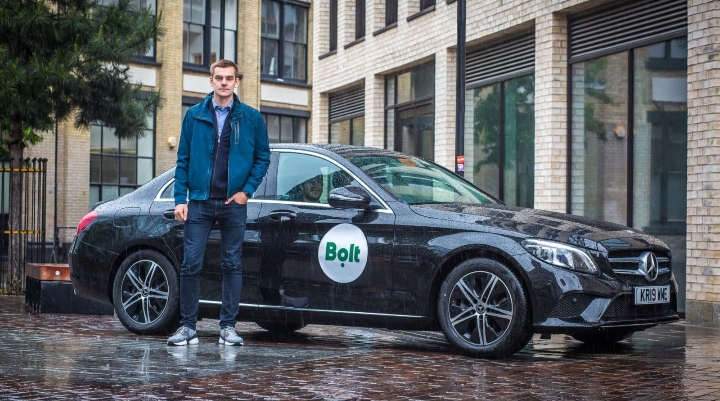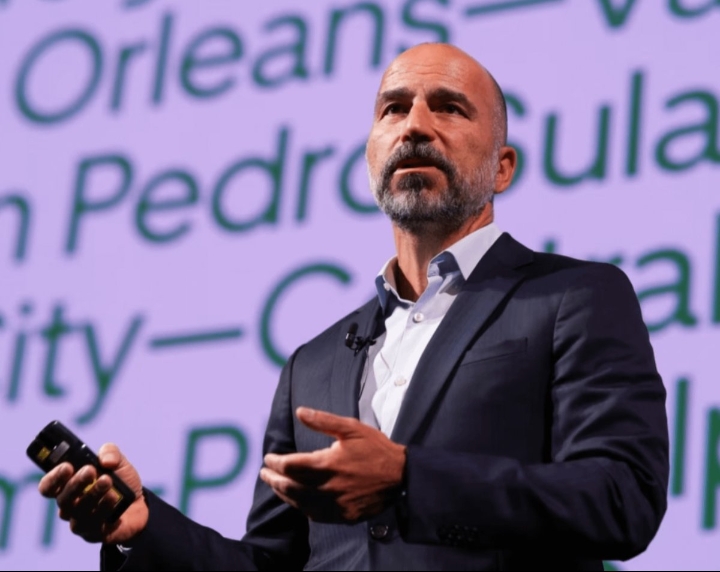Back
Ketu Kashyap
Disruptor | Visionar... • 8m
Marcus Villig grew up in a tiny Estonian island town of 40,000, where doors stayed unlocked and dreams seemed small. It was 2003, and Estonia buzzed with Skype’s launch, led by local engineers, including Marcus’s older brother. At 10, Marcus was hooked—not on comics, but on tech startups. By 12, he taught himself to code, and in high school, he was the youngest at hackathons, learning from Skype’s founding engineer. He built websites for local businesses but craved more. At 19, in 2013, fed up with Estonia’s unreliable taxis—hour-long waits, grumpy drivers—he dreamt up Bolt, an app to order rides with a few taps. He wasn’t chasing Uber (he barely knew of them); he just wanted to fix a local headache. Starting Bolt was gritty. Marcus convinced his parents to lend €5,000 from his college fund, a huge risk. He hired a freelancer to build a bare-bones app that barely worked. Pitching to taxi drivers, he faced rejection—most didn’t even have smartphones. After months, he signed 50 drivers, spammed his school email list to get 600 users, and launched in Tallinn. His girlfriend sketched the logo for free, and his brother Martin, a startup veteran, joined the fight. The launch was rough: 20 rides a day, a buggy app, no marketing budget. Marcus cold-called journalists for coverage, and the team went months without salaries, scraping by while fixing bugs. Venture capitalists dismissed Bolt, betting on Uber’s billions. But Marcus hustled, securing small investments from a Finnish angel and an Estonian forestry firm. While Uber burned cash, Bolt went lean, expanding into Eastern Europe and Africa, where Uber struggled. In Africa, Bolt soared—high unemployment meant eager drivers, and poor public transport meant demand. Bolt offered cash payments, an SOS button, and car loans for drivers, dominating markets like Nigeria with motorcycle taxis. Today, Bolt’s electric scooters and car-sharing service (rent a car cheap, gas and parking included) thrive across 45 countries, serving 100 million people, valued at over $8 billion. Big players like Daimler back Marcus, seeing him reshape urban mobility. At 32, he still walks three miles to work, frugal and focused on less traffic, less pollution. Marcus’s story isn’t about a genius—it’s about a stubborn kid who ignored doubters and changed how we move, one ride at a time.

More like this
Recommendations from Medial
Ayush
Let's build together... • 1y
Ideas have no boundaries - convo with an Uber driver ! So I took an Uber to home from my coaching. While driving, he got a phone call about buying a 2nd hand car. When the call ended, I asked him if he wanted to change his car as the Uber was quite
See MoreVCGuy
Believe me, it’s not... • 1y
I take a rickshaw to work every day, and today's ride led to an interesting conversation - I asked the driver which app he prefers between Ola, Uber, and Rapido. He said he used Uber until they introduced a daily login charge of ₹40 + commission on
See MoreDownload the medial app to read full posts, comements and news.





















/entrackr/media/post_attachments/wp-content/uploads/2021/08/Accel-1.jpg)



















